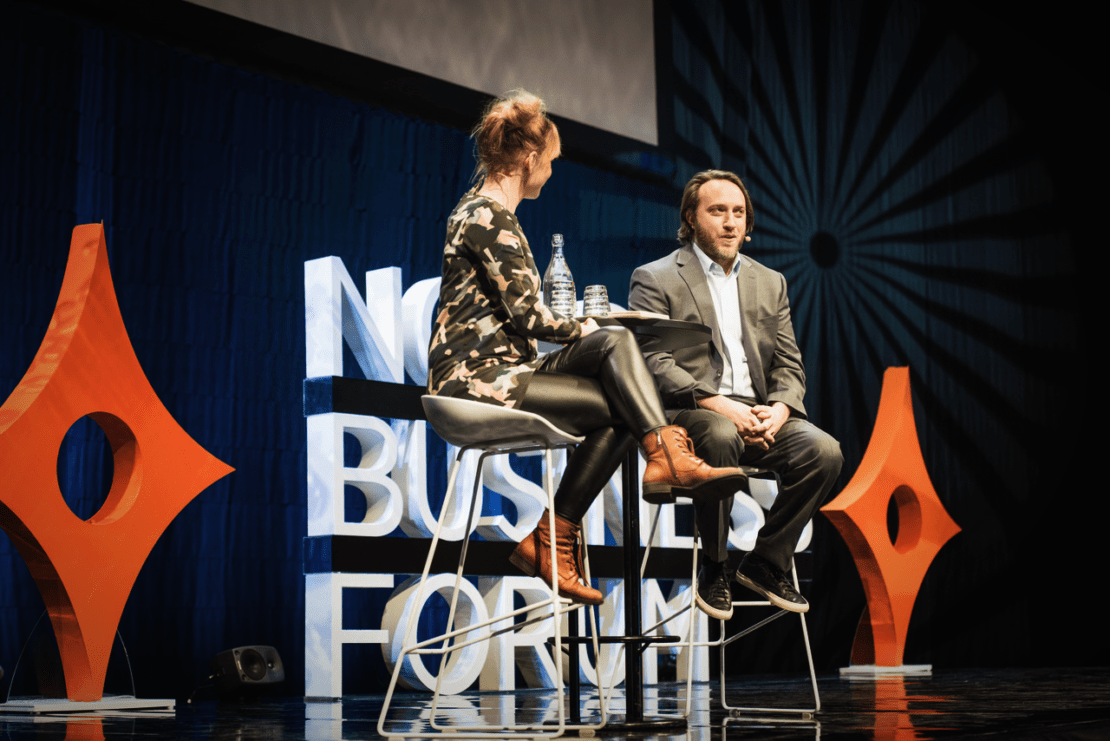24Feb2017
Incubators. Accelerators. These words are not just part of every day’s fancy startup lingo, but two important pillars in an entrepreneurial journey. They play a vital role in promoting innovation and economic growth by helping entrepreneurs turn their ideas into profitable businesses. And even though there has been a significant increase of such programs in the past years, there’s still some confusion between the two concepts.
In a nutshell, incubators help very early-stage startups by providing a controlled and protective environment for their idea to grow. They assist startups to lay the groundwork while figuring out their market, building a team, and getting their first clients. Incubators are ideal for entrepreneurs who are in the idea stage or pre-launch. Some of the most important incubators are Rev1 Ventures (formerly TechColumbus) in the United States, and MaRS Discovery District in Canada. On the other side of the pond, JLAB in the UK, and INiTS in Austria are only two of a wide array of incubators supporting young businesses across Europe.
Accelerators, on the other hand, are short and intense programs that support startups grow fast, typically giving them a year of acceleration in a few months. They are like “a rocket booster on a shuttle,” as Startupbootcamp founder Alex Farcet likes to describe them.”It burns intensely for a short period of time and then it falls off. We’re an intense 90-day boot camp. [When it’s done] the startup flies and, hopefully, stays on orbit.”
The model had its origins in the United States and became famous through the success of one organization in particular – Y Combinator (YC). Twice a year, YC invests $120,000 in multiple startups in exchange for 7% of the company’s equity. Since its launch in 2005, YC has invested in about 940 startups. Its alumni, including Dropbox, Airbnb, and Stripe, reportedly have a combined valuation of over $65bn.
The accelerator program has crossed the Atlantic, and now there are more accelerators per capita in Europe than in the US – with the UK currently boasting more startup programs than any other European country.
An important difference between incubators and accelerators is also their legal status. Incubators are in general non-profit organizations, while most accelerators are for-profit organizations designed to bring a return on investment for their sponsors by providing fast-test validation of business ideas.
So, how can tech entrepreneurs choose whether or not to join an incubator or accelerator, and which one meets their needs best?
The due diligence process can be challenging since founders need to look at various elements to make sure they start off on the right foot. The more data available, the easier it gets. According to Stefan Trifonov, Associate Doctoral Researcher at The Alexander von Humboldt Institute for Internet and Society (HIIG), accelerators, in particular, could be more transparent when it comes to their performance and more rigorous in gathering data on the progress of their startups.
A study carried out by Diane Isabelle, a consultant and faculty member at Carleton University’s Sprott School of Business, looks at some of the challenges from the North-American perspective.
Besides the previous academic literature on incubators and accelerators, her research is based on insights from two studies. The first one is a survey Isabelle performed on a number of managers of Canadian technology incubators and accelerators and six of the startups they supported. The second is a research study of National Business Incubation Association (NBIA) that was carried out to evaluate the state of the business incubation industry in North America.
Isabelle’s study explores five factors that tech entrepreneurs should consider when evaluating business incubators and accelerators.
1. Stage of the new venture
For an early stage venture, an incubator is considered more appropriate. According to Isabelle, the selection criteria of an accelerator, which generally includes initial traction in the market, differentiated technology, and potential to scale the business, might even exclude very-early-stage ventures. When it comes to the distinctions between incubators and accelerators, the polled respondents saw no significant difference at all between the two terms.
In the end, the author suggests that entrepreneurs should primarily focus on their needs relative to the specific types of support offered, and not what label a program gives itself.
2. Fit between the entrepreneur’s needs and incubator’s mission, purpose, and sector focus
When an incubator’s mission and goals are aligned with the specific needs of the entrepreneurs and the incubator’s sponsoring organizations, everyone is typically a winner. In their evaluation process, entrepreneurs should look at the exact activities a given incubator or accelerator is focused on.
As Isabelle writes: “Is it about nurturing the very early stage of a firm? Or developing it? Or is it about technology incubation? Commercialization? A boot camp? Others?” Also, many incubators work in a variety of industries. Entrepreneurs should ensure that their industry is an area of focus of the incubator they are evaluating.
Another important element is the reputation of an incubator or accelerator. This increases startup’s visibility and attracts talent, resources, and capital.
3. Selection and graduation policies
Incubators and accelerators perform an initial evaluation of each candidate startup’s fit with the organization’s mission and industry sector, and checks that it meets any geographical location requirements (if relevant).
They also look at how coachable the entrepreneurs are. When it comes to graduation, a startup is said to be “graduated” when the incubator or accelerator no longer adds value to the startup, the startup exceeds a specific amount of office space or a number of employees, or after a fixed period of time. Overall, graduation policies have shifted from time limits to policies based on client growth and development.
4. Nature and extent of services
According to previous research, there are five services of incubation business models: access to physical resources, office support, access to financial resources, entrepreneurial start-up support, and access to networks.
Smaller or newer incubators may offer fewer services, and instead of providing direct technical assistance with product development, they rather link startups with external partners like universities or research institutes. Sponsoring entities and funding (usually provided by the government, economic-development organizations, academic institutions, and private sources) are also important aspects.
Entrepreneurs should gain insight into the functions of the incubator or accelerator. The study reports that many incubation programs have expanded their service offerings to assist entrepreneurs at all stages of business development, i.e. pre- and post-incubation services.
Some of the surveyed incubators or accelerators’ managers offered a mix of physical and virtual services with more respondents being in favor of a physical approach. As one of them pointed out: “Long-distance mentorship is not effective.”
5. The network of partners
A network of partners, advisors and service providers is an essential part of an incubator’s or accelerator’s offering. Another key function of incubators and accelerators is to help entrepreneurs get access to angel investors, venture capital, and banks.
For entrepreneurs, it is equally important to consider the availability of advisors, mentors, or coaches and the nature and quality of the services an incubator or accelerator provides.
Over the course of her research, Isabelle encountered some measurement challenges. One of them was the lack of comparison with a control group of non-incubated companies and the fact that selection criteria for incubatees might result in a selection bias.
Despite that, Isabelle notes: “Most ventures graduating from incubation programs have higher survival rates than non-incubated ventures.”
Sources & Read More:
Factors Affecting a Technology Entrepreneur’s Choice of Incubator or Accelerator by Diane Isabelle


